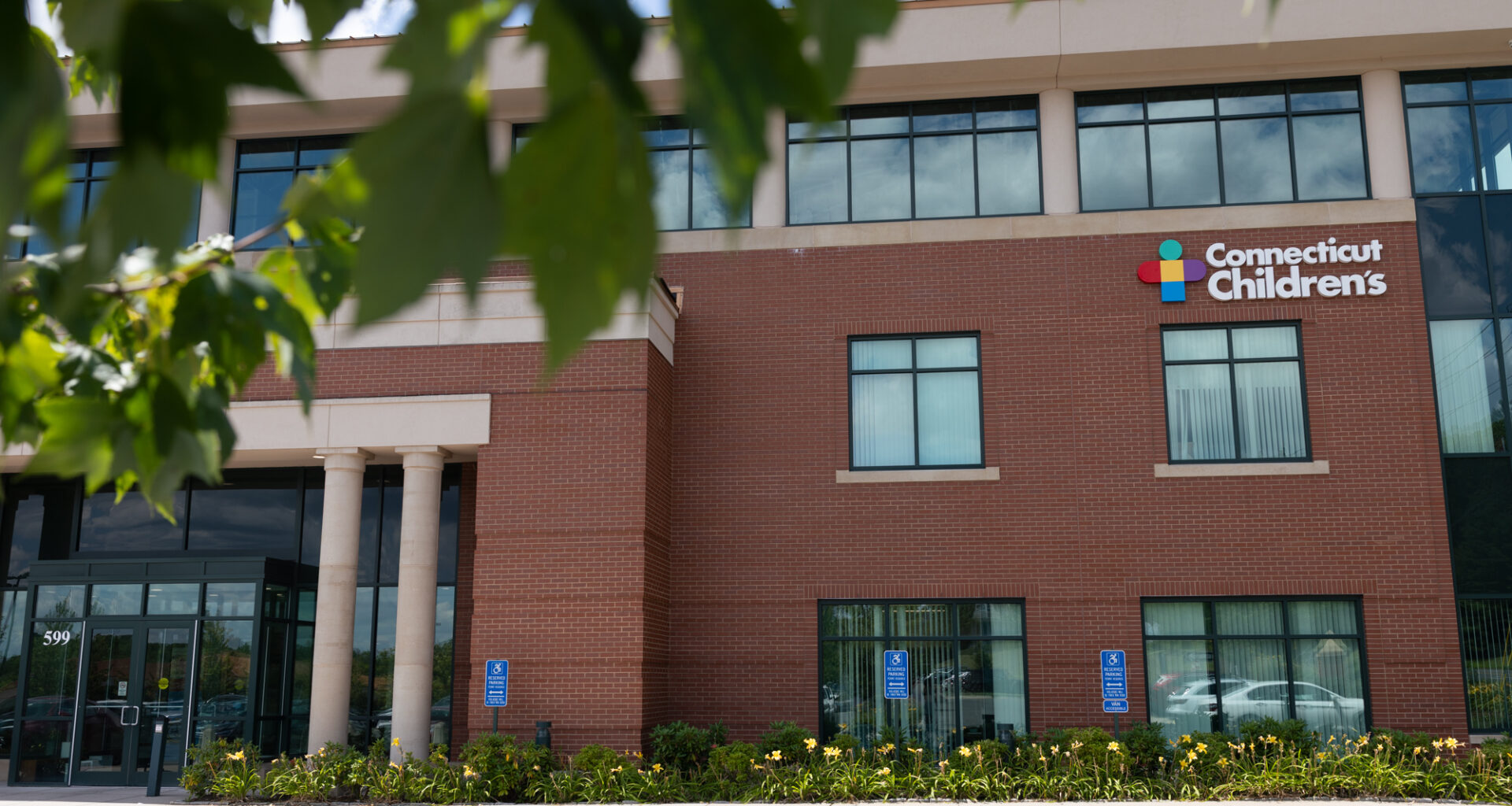Connecticut Children’s Medical Center confirmed Wednesday it is shutting down the program that provides gender-affirming health care to transgender and gender-diverse patients.
In a statement that closely echoes an internal memo hospital leadership sent to employees a few days ago, CCMC referred obliquely to pressure from the Trump administration and indicated the hospital struggled with the decision.
“In recent months, we have been carefully reviewing the long-term sustainability of our gender care program in light of an increasingly complex and evolving landscape. After thoughtful consideration and guidance from medical and legal experts, we have made the difficult decision to begin winding down this program for patients under the age of 19. This process is being carried out in a deliberate and planful way, with ongoing communication and support for the families and team members directly involved. It continues to be an evolving and fluid situation,” the statement reads, which was attributed to President and CEO Jim Shmerling.
“We are approaching each situation on a case-by-case basis to ensure that every child’s needs are considered with compassion, clinical judgment, and care. We remain fully committed to providing inclusive, respectful care to all children and to ensuring that every family continues to feel safe, supported, and heard at Connecticut Children’s.”
CCMC declined to comment further, saying it “will continue to share information with our stakeholders as appropriate.”
Gov. Ned Lamont’s office, which said it had been briefed on the decision, issued a statement attributed to the governor Wednesday afternoon.
“It’s disappointing for hospitals in Connecticut to be forced to make the difficult decision to end gender-affirming care for minors in response to the federal executive order. These decisions are not based on Connecticut values or Connecticut law—they part of a series of relentless federal demands that have created fear, confusion, and legal uncertainty for our healthcare providers,” Lamont said.
“To transgender youth and their families in Connecticut: you are not alone. We see you, we support you, and we are working closely with the Attorney General and hospital leaders to understand the full impact,” the statement continued. “In Connecticut, we do not turn our backs on kids in need.”
In an internal communication sent several days ago, the hospital described the change to gender-affirming care as “one of the most difficult decisions our leadership team has had to make.”
The internal communication also cited the current “government landscape and pressure surrounding this care” and confirmed that the hospital had taken into consideration guidance from both legal and clinical teams and had decided to take “voluntary steps to protect our patients, our staff and the long-term strength of our organization.”
The closure brings to life the changes that many health care providers are considering under the current federal administration.
During an interview with CT Mirror in February, Shmerling said the political backlash against gender-affirming care is unlike anything he has seen in his 45-year career managing children’s hospitals.
“There’s a tremendous amount of misinformation and lack of understanding and emotion around this issue,” Shmerling said.
The gender-related treatment options historically provided at Connecticut Children’s followed guidelines from major medical associations, including the American Academy of Pediatrics, the Pediatric Endocrine Society and the Society of Pediatric Psychology.
The hospital did not provide medication or hormonal treatments for children who are prepubescent, nor did it perform any surgeries. Shmerling added that families are always involved, and care is only provided with parental consent.
Since President Donald J. Trump took office, his administration has targeted gender-affirming care for children.
In January, Trump signed an executive order aimed at withholding federal funding from institutions, including medical schools and hospitals, that provide gender-affirming care to kids. The directive also sought to restrict coverage of those services from federally-run insurance programs, like Medicaid. A federal judge temporarily blocked the order the following month.
Earlier this month, the Department of Justice issued more than 20 subpoenas to providers of youth gender-affirming care in connection with investigations related to “healthcare fraud, false statements, and more.”
Gender-affirming care for children can involve counseling, hormone therapy and puberty blockers. Current medical protocols do not recommend medication or hormones for children who haven’t yet gone through puberty, according to the Yale School of Medicine, but those patients can receive counseling.
Surgery is rarely used as treatment for transgender and gender-diverse children in the U.S., a 2024 Harvard study found. A study published in 2023 found that, out of a total 48,000 gender-affirming surgeries performed in the U.S. between 2016 and 2020, 7.7% were performed on children between the ages of 12 and 18. The vast majority of the procedures performed on children were breast and chest surgeries.
Yale Medicine also runs a pediatric gender care program. A spokesperson did not respond to a request for comment Wednesday regarding whether the facility is considering or has already made rollbacks to its program.

